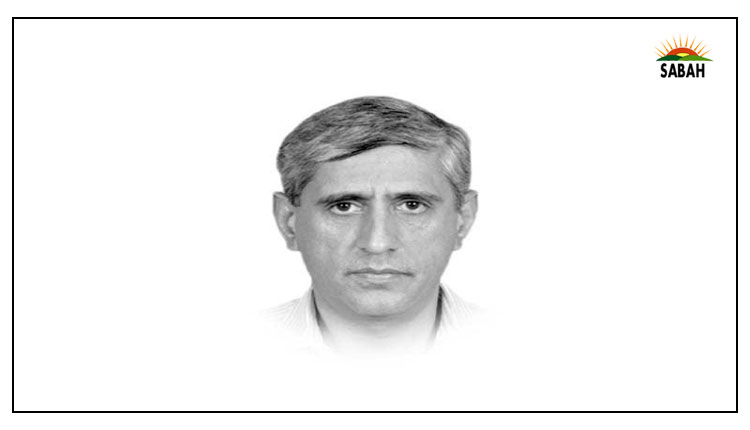TTP’s new strategy …. Faisal Ali Raja
The Tehreek-e-Taliban Pakistan (TTP) has been trying to forge a bond between Baloch and Pashtun population, thus pitching them against the military and law enforcement agencies (LEAs) in the country. On January 01, 2024, a policy statement was issued by TTP wherein it had criticised the security institutions in derogatory terms for attacking and raiding the abode of a former parliamentarian in the city limits of district Muzaffargarh, Punjab.
The statement is important in three aspects. First, the ethnic dimension of the victim has been explicitly exploited for gaining sympathies for their cause. Reportedly, the second wife of the former politician whose house was allegedly raided belongs to KP province. Hence, TTP has quickly made use of her ethnicity, in real or imaginary term, to the hilt. This may result in amassing support for the organisation among the Pashtuns belonging to the settled districts of KP, Sindh and Balochistan. Second, TTP is expanding its reach and scope to the downtrodden or poor section of society. Through its latest statement it appeals to the weaker segments of society to support them against law enforcement agencies as, according to it, the latter represent tyranny and oppression in the country. Lastly, the statement has political dimension as well. It supports the assertions of the former parliamentarian and also pollutes the existing political environment causing confusion and misunderstanding leading up to the election day and even beyond it.
On January 2, 2024, bullet ridden bodies of six barbers were found in North Waziristan. The bodies of the men were discovered in the fields of Moski village, located in Mir Ali. Preliminary investigation suggested that the victims, all of whom hailed from Punjab, were shot dead in execution style. The victims, all below 30 years of age, included two young men less than 18 years’ old, who owned barber shops in Mir Ali Bazaar. They were kidnapped before meeting their tragic end. This is perhaps the first incident of its type wherein large number of Punjabis have been killed which signifies a method similar to that of Baloch sub-nationalists. In October 2023, six workers from Punjab were shot dead and two others were injured in a house in Turbat, Balochistan. The TTP seems to be following the footsteps of Baloch sub-nationalists for solidarity and unity.
The responsibility of killing the six barbers was accepted by TTP, but one of its factions, TTP (Bajaur), later on denied it and termed it as an action by the state institutions. However, the local dynamics indicate that TTP desists to operate against the local Pashtuns due to retaliation by their tribes but outsiders are easier to put to sword as such actions are without any local retaliation. Hence, it is important to understand as to who will benefit from such an act of savagery. Is it a clear signal from TTP that they would step up their effort against Punjabis if similar action against Pashtuns (local or foreign) is not stopped in Punjab? Are they trying to bring the Pashtuns (on either side of the divide) and Baloch under a single umbrella? Will there be any sort of substantial merger or alliance between TTP and Baloch sub-nationalists in future? Is it a rational decision on the part of TTP to entice all sub-nationalists to forge a single front against the state and its institutions?
The appointment of TTP’s administrators in southern and northern Punjab is also a worrisome trend. Though allegorical in nature, it represents a dangerous trend on ground. The districts like Rawalpindi and Mianwali are among those where agents in field of media, economy, welfare and education have been posted. These shadowy individuals may not be appearing with their real names and they do not necessarily be present at the location of their postings.
It seems that as the TTP is being squeezed for space and pressurised by multiple actors to curtail its activities, it is expanding its tentacles across ethnic boundaries.
Courtesy The Express Tribune, February 3rd, 2024.












